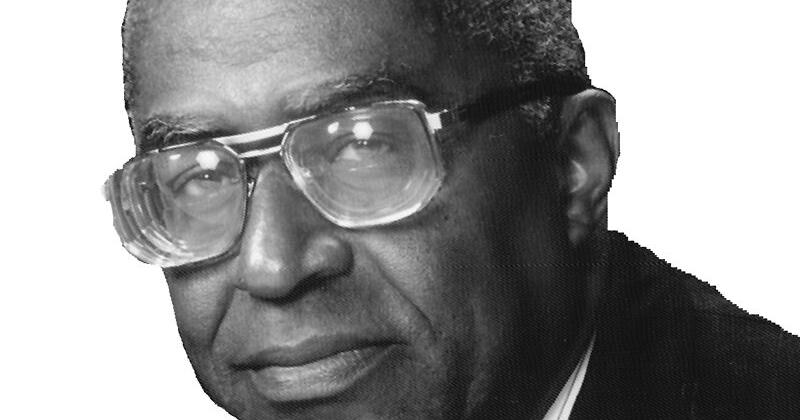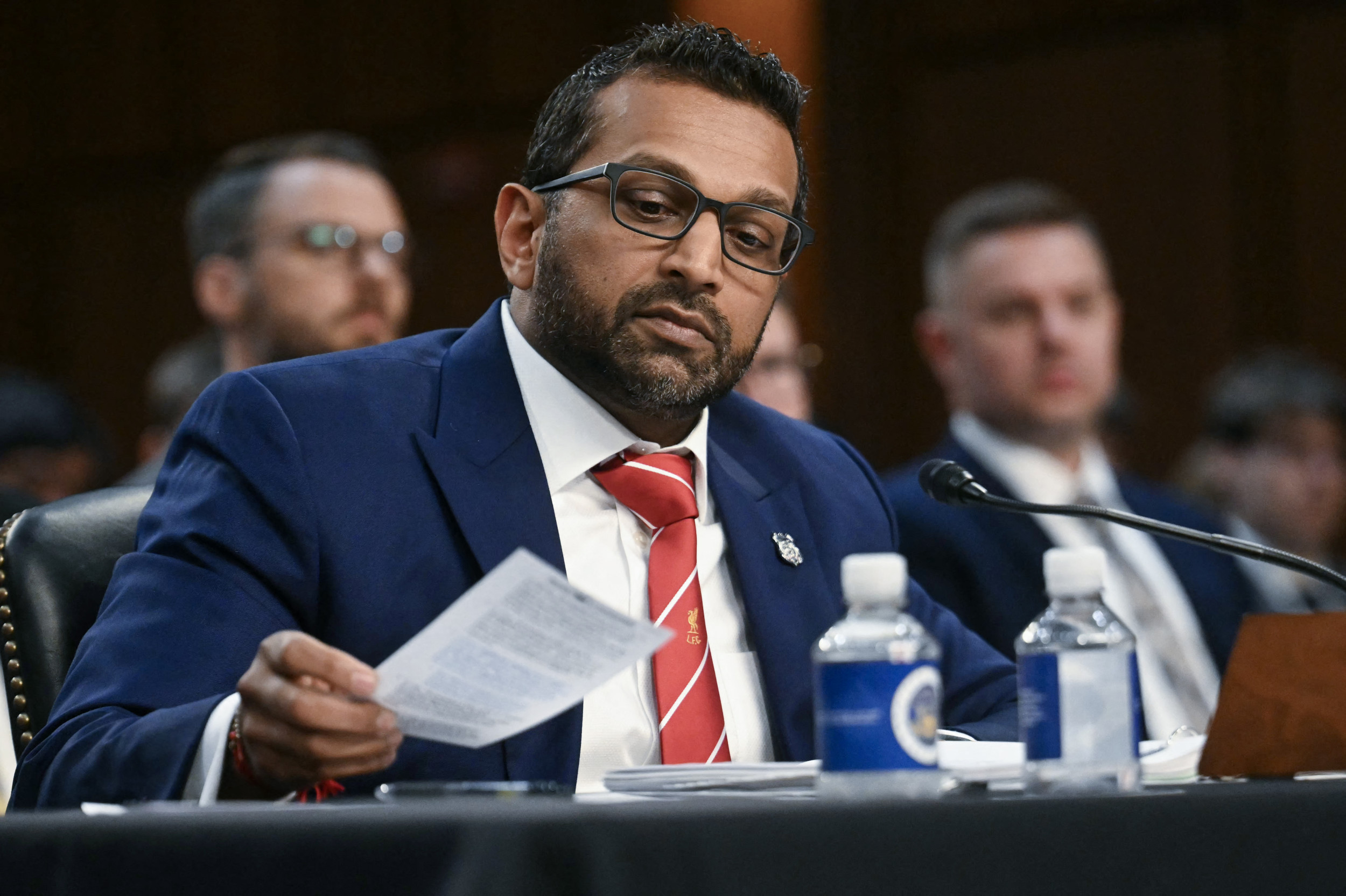By Caribbean Premier League,Roy Mitchell
Copyright trinidadexpress

Rather than bask in the glory of having distinguished ourselves on the world stage: the exemplary outstanding athletic feats of our indefatigable icons, Keshorn Walcott and Jereem Richards, the CPL T20 pre-eminence of the Nicholas Pooran-led Trinbago Knight Riders, and the honours bestowed, only yesterday, upon our 2025 illustrious national award recipients, citizens instead find themselves observing their 49th Republic Day anniversary overshadowed by the erudite indictment, “Oh, what a tangled web we weave, when first we practise to deceive”.
So perfectly do these words reflect the prevailing insecurities crippling our troubled society.
As for me, I found myself contemplating “The Plight of Port of Spain”, our nation’s capital city, trusting it is not “blown to pieces” when the Caribbean Zone of Peace degenerates into the US/Venezuela Region of War.
My focus was on the sentiments expressed in the Express Editorial (September 22, 2025), headlined “Time to transform the capital city”. It put me in a reflective mode. Here are some -extracts:
“British novelist Anthony Trollope, in his 1860 book The West Indies and the Spanish Main, wrote: ‘No scenery can be more picturesque than that afforded by the entrance to Port of Spain…a large town, excellently well laid out…time will come…when it will be the best town in the British West Indies.’
“Leap forward 165 years and the nation’s capital city is plagued by traffic, cramped pavements, inadequate parking. The American explorer Hyatt Verrill in 1917 wrote, ‘The shopping district teems with vehicles and pedestrians throughout business hours…Frederick Street, which is the busiest in the city, is a gay and interesting sight, kaleidoscopic in colour, crowded with life, and a beehive of activity.’
“The problem is, the general and commercial population has expanded but the city has not been properly managed, nor modified, to keep pace.”
Businessman Aboud said: “The city is crumbling because of disorganised parking.”
“VS Naipaul, in his 1962 book, The Middle Passage, observed: ‘…traffic crawls in the choked streets; parking is a problem’. In his Nobel Prize speech, Derek Walcott described how the waterfront project would change the city skyline but not address any of these decades-old issues. “A culture is made by its cities,” said Walcott. The editorial concluded: “If so, then the chaotic state of T&T’s capital reflects a deeper societal disarray. Transforming Port of Spain…might well transform the nation itself.” Undeniably, that’s rare intellectually-grounded insightfulness. How intriguing!
It made me ponder how much more exponentially advanced this nation could have been on this Republic Day anniversary had our leaders been broadminded enough to entertain insightfulness other than their own. For it was soon after Naipaul’s 1962 observation that, in 1966, the Pegasus Organisation, about which I have written periodically, took the bold and imaginative initiative to do exactly what the Express Editorial was preaching.
Titled “Project Port of Spain” (ProPOS), the Pegasus initiative sought “to redesign and reconstruct the capital city along modern metropolitan lines”.
The issues were clear: “A rapidly expanding city, spreading without a semblance of order, consuming the suburbs without regard for aesthetics, safety or economy, the city centre unable to expand to keep up with the growing population, indiscriminate location of new commercial establishments, loss of green open spaces and provision for substations, stadium, etc. Traffic jams, lanes of vehicles stretching for miles on narrow and poorly-policed roads, flooding, lack of parking facilities, poor public transport, inadequate lighting. This was Port of Spain 1967: a trend towards evacuation. It would be the first city to die.”
Chaired by T&T’s former financial secretary. Mr Louis Blache-Fraser, CMG, the ProPOS steering committee comprised Port of Spain mayor Dennis Mahabir, architect Colin Laird, myself as Pegasus president-general and businessman Napier Pillai.
Backed by a cadre of accomplished architects, engineers, surveyors, economists, etc, the project was sub-divided into phases: data collection, analysis, full-scale planning, public exposition, presentation to government. Enthusiasm was high. Many wanted to get down to work immediately.
Consultations were held with government departments, culminating in deliberations between then-prime minister Dr Eric Williams and the project chairman, Louis Blache-Fraser. Enthusiastic support was received from various international bodies, including the UNDP. A model of the new city was to have been prominently displayed so that the public could comment and critique.
Despite the Trinidad and Tobago Chamber of Commerce having volunteered three members to work alongside the team, regrettably adequate project funding was not forthcoming. Consequently, ProPOS disappointingly petered out into becoming an enchanting dream, leaving the worst fears now abundantly evident, the capital city developed randomly piecemeal, nothing like the modern metropolis envisioned. It has practically become a ghost town painfully grinding to a halt.
ProPOS was set up to develop the plan; the powers that be, to execute it. The balance is history. What a shame!
—Roy Mitchell is a former special adviser and co-ordinator, National Tripartite Advisory Council (NTAC).



